35 Best Psychology Books of All Time
Reading the best psychology books helps us understand the science behind the human brain and the thinking process. Here are the 35 best psychology books everyone should read!
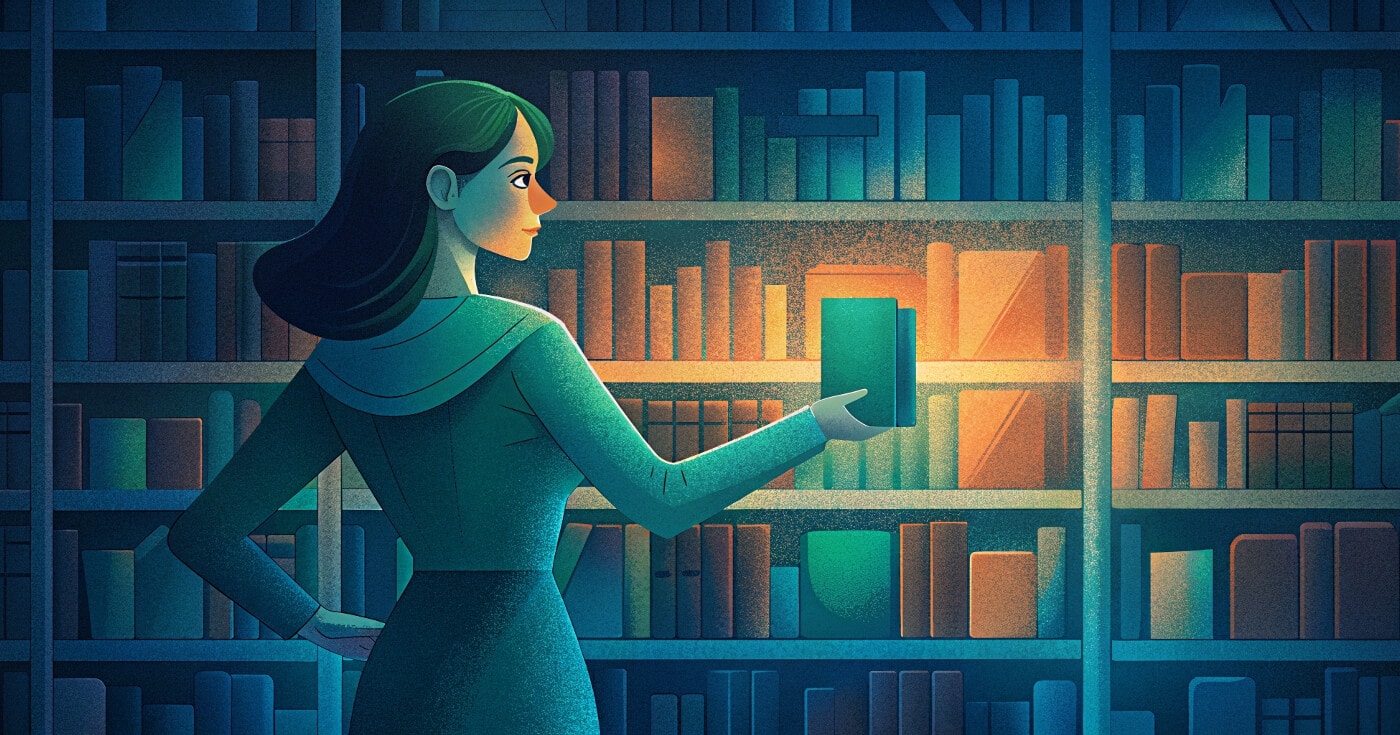
Reading the best psychology books helps us understand the science behind the human brain and the thinking process. Here are the 35 best psychology books everyone should read!

Reading the best psychology books gives us a glimpse into the inner workings of our minds. While we can learn an infinite amount about the world around us, only by looking inward can we discover more about ourselves and our true motivations, aspirations, and desires that drive our daily behavior.
What better tool for self-discovery, social understanding, and emotional balance than a book? Here’s the list of the 35 best psychological books for everyone, including students.
The best authors and thinkers in psychology have provided us with all the information we need to fully comprehend how our brains function. The latest real research on human behavior, thoughts, and emotional intelligence is ready for an easy read.
Nobel Laureate Daniel Kahneman provides a comprehensive overview of his lifelong research as a psychologist to help us better understand the mind and how it influences our behavior. By dividing our thought processes into two systems, Daniel Kahneman explains in this book how we are often handicapped by using the wrong ways of thinking and what we can do about it.
Our daily routine consists of a series of habits. If you want to live a successful and fulfilling life, you should make changing your habits a top priority. Charles Duhigg addresses the science of habits and why they exist in the Power of Habit.
Duhigg describes the key steps to change your habits for the better. If you want to learn more about habits and how to use them to your advantage, do not skip this book!
According to modern scientific psychology, human personality is composed of five main traits: Openness to Experience, Conscientiousness, Extraversion, Agreeableness, and Neuroticism. Dan P. McAdams, a U.S. psychology professor, introduces readers to these traits in his 2015 book, explaining their relative stability and significant consequences for our lives.
In The Happiness Hypothesis, award-winning psychologist Jonathan Haidt puts to the test old wisdom and ideologies that people believed they needed to follow to live a meaningful life. He then applies the results of these tests to life in the twenty-first century. This book will help you rethink everything you know about human behavior and life.
This incredible memoir, which is a true reflection of the author’s time in the Nazi death camps during World War II, popularized Viktor Frankl’s logotherapy. Drawing on his own experiences and those of the many patients he helped with his therapy, Frankl reveals how the meaning and purpose of life enable us to endure adversity and embrace the inevitable and often confusing struggles that life ultimately holds for us all.
Dweck’s Mindset is the book that popularized the terms “fixed” and “growth” mindsets. The author demonstrates the way we think about our abilities profoundly affects our lifelong learning, distilled knowledge, and success, making this book an essential work for many people.

Photo by Ivo Rainha from Pexels
Although it may be challenging to remember when you’re surrounded by a stack of textbooks and preparing for exams, psychology can be a fascinating subject. Whether you’ve been studying psychology for years or are just starting your first year at university, here are eight books that will not only help you with your studies but also help you remember what you loved about psychology in the first place.
Sacks documents several fascinating and strange cases he encountered while working as a neurologist in this classic book. The title of this book comes from one of these cases: The man who mistook his wife for a hat suffered from visual agnosia. Sacks covers the most unusual situations, from this case to a patient who could no longer recognize his own leg. It’s a compelling and easy-to-read book that makes you realize how much can go wrong in our brains.
Phantoms in the Brain is a fascinating book that delves into various neurological disorders, such as phantom limbs. A phantom limb is a condition in which amputees can still feel their amputated limb after it has been removed (and sometimes even feel pain, which is very difficult to treat). The book describes the cause of this phenomenon and a variety of other conditions.
Reaching Down the Rabbit Hole is a book about clinical neurology on the front lines and the struggle to heal the body when the mind is under attack. It is an excellent book to teach psychology students about the various symptoms of brain disorders because it is written like a story rather than just stating the facts and goes into detail about each case.
Many of us spend more than a decade in school feeling like we are missing something, despite academic success. Sure, you can do complex algebra or provide your friends with a thorough analysis of the symbolism of triads in Shakespeare – but can you navigate the workplace? Can you cope with failure? The School of Life, as its title suggests, is Alain de Botton’s answer to such questions. Its explicit goal is to equip people with the tools and self-knowledge they need to thrive in the modern world.
This book, as the title suggests, debunks 50 common psychological myths. These are scientifically untenable claims that are nevertheless widely held by the public. The authors’ goal is to show that common sense can be deceiving. Rather than simply accepting these claims as accurate, 50 Great Myths of Popular Psychology encourages us to think critically and evaluate them.

Photo by Polina Zimmerman from Pexels
Psychology is a broad field that encompasses everything from social attachments to brain and nervous system disorders (neurology). We’ve compiled a list of ten psychology books that we believe every beginner should read. Whether you are planning to study the subject at university or are just discovering your interest in it, this list will help you.
Andy Puddicombe, the well-known founder of Headspace, has made it his mission to convince people to take ten minutes to sit in the present moment. Here he explains his easy-to-learn but highly effective meditation techniques. These powerful techniques are both accessible & portable and promise incredible results.
The Psychopath Test is a riveting journey into the minds of the insane. Jon Ronson’s investigation into possible fraud against the world’s top neurologists unexpectedly leads him into the heart of the industry.
Elephants on Acid examines the craziest psychological experiments conducted throughout history in the name of science (most notably in the 1970s). The title refers to an investigation in which doctors chose an elephant named Tusko for a study to see what would happen when an elephant was given a massive dose of LSD.
Life can feel like we are always running to put out fires as soon as they start. Of course, constantly reacting to problems without pausing, taking a breath, and preparing for the next issue is exhausting. Dan Heath suggests Upstream as a solution to break the cycle of reacting and prevent problems from arising in the first place.
As the title implies, this book is not just about psychology, but about science in general – specifically, bad science. Bad Science challenges readers to become aware of our society’s lack of understanding of scientific findings and statistics. This book is both funny and easy to read and will make you doubt everything you have ever been told.
Don’t worry if changing is difficult. You, like many others, are afraid of change because there are inner conflicts. The rational and the emotional minds are constantly arguing over who is in control of your decisions. That’s why we have such a hard time sticking to a diet. Emotions remind us, for example, how delicious that cake from the sweet café was! In this book, the fear of life transitions is openly addressed.
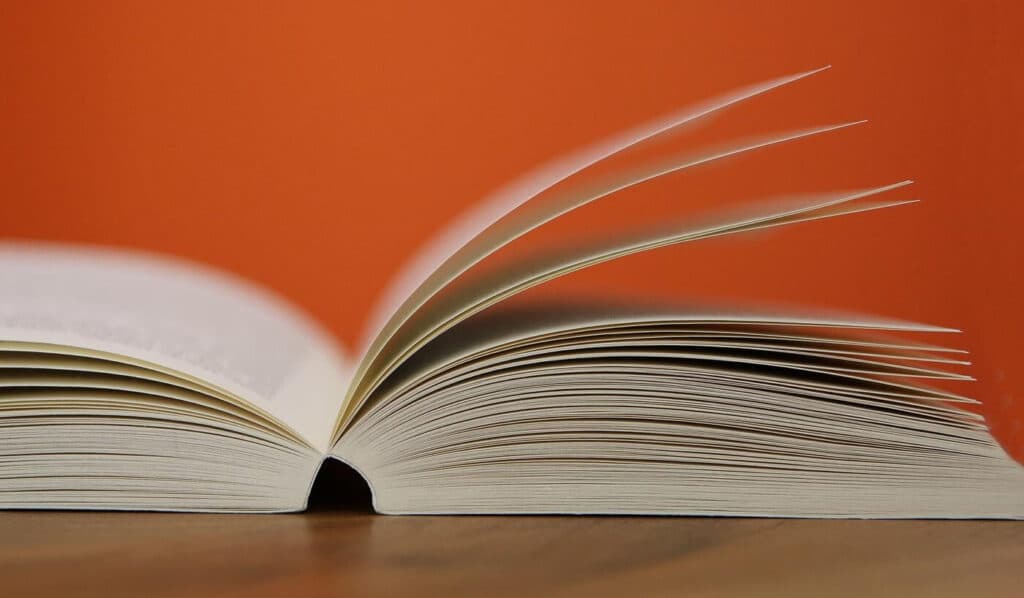
The best psychology books on human relationships teach us how to influence people and win friends. If you read some of these books, you will learn how to build better relationships with others, improve your attitude, and generally improve the quality of your social life through self-knowledge and understanding.
Many consider this the best general overview of social psychology ever written. This book seems to be in such demand that prices on Amazon are often exorbitantly high. The popularity is understandable, as few psychology books offer a more detailed, engaging, and well-written overview of social psychology than Elliot Aronson’s classic. This book is a must-read if you’re on the path to improving your mental health and self-awareness.
This is widely regarded as the holy grail of positive psychology of persuasion. This book is not only an exciting read with a wealth of excellent examples you can use to win friends. Cialdini also explains why these studies went the way they did. This interesting book can help you understand the basic social interactions you have in your own life.
How many green people are in your immediate vicinity? No, we are not asking about aliens. According to behavioral research by author Thomas Erickson, society can be divided into four color categories (personality types): red (dominant), yellow (optimists), green (relaxed), and blue (rational). Surrounded by Idiots covers a wide range of human temperaments and shows how to deal with them. Discover the easiest way to influence people to get along with everyone!
This book makes some bold claims, such as the possibility that honesty is simply a choice between the benefit of deception and our psychological motivation. As with Predictably Irrational, you’ll leave with a lot of questions, but in a good way: you’ll start to rethink things that were previously “obvious” in the context of human evolution and power games.
This book will help you recognize the various mind games that others play with you – and that you may be unconsciously playing with others. It’s an excellent field guide and “mental vaccine” – this book is immediately valuable for everyday life. It is definitely worth reading and re-reading regularly! Don’t skip this book if you’re interested in human psychology and the games people play.
It examines authors’ thinking and behavior by combining scientific psychology principles with practical applications. It allows readers to explore how they relate to themselves, others, and their work ethic.

Photo by EYÜP BELEN from Pexels
Why is it so essential to understand human behavior? To be successful in life, you must develop successful habits, think critically, and make quick and wise decisions. However, it is no use trying to do this if you have not thoroughly understood the thought process involved.
In his book on human behavior, behavioral economist Ariely explains and challenges the widely held assumption that people make rational decisions: Predictably Irrational. Instead, he argues for the notion that we all have profoundly irrational behavior. Sometimes we don’t feel hungry, yet we eat another plate at an unlimited buffet. This is a great example. Reading this book will challenge your assumptions about your own behavior and help you avoid mistakes.
Have you ever thought about how strong the power of suggestion is? Have you ever bought the more expensive of two similar items and then spent a long time convincing yourself that the cheaper one would not have been trustworthy at all? If that’s the case, this is the book for you. This book explains why when people make mistakes, they convince themselves that they are right to avoid the embarrassment of being wrong.
This book is on the reading list for the Oxford University psychology course, so you know it’s good. The Private Life of the Brain examines the effects of neurological disorders and injuries, drug activities, the character of thought in dreams, schizophrenia, reverie, and childhood. Although this book can be challenging to understand, it is a good read if you want a good overview of neuroscience research.
The Lucifer Effect, written by renowned social psychologist Philip Zimbardo and based on the award-winning film The Stanford Prison Experiment, explores why good people can be persuaded to commit evil acts and where the line between good and evil actually runs. This book is a good read for both psychology and non-psychology graduates. It also provides excellent insight into the power of roles and group identity.
According to some, ‘Flourish’ was the psychology book that provided the impetus for the positive psychology movement that is so important today. While psychology has traditionally been concerned with alleviating the suffering of patients with mental illness, Seligman’s contribution aims to raise the bar. Flourish focuses on cultivating purpose, positive emotions, relationships, and achievements and demonstrates how these can be combined to serve as the foundation for a fulfilling, joyous life and mental health.
Here’s a great example of one of the best books on human behavior. Vanessa Van Edwards, the author, was shy and had difficulty navigating social situations. However, she later realized that she could develop charisma and find a key for everyone. This book offers valuable hacks that will help you win in any situation.
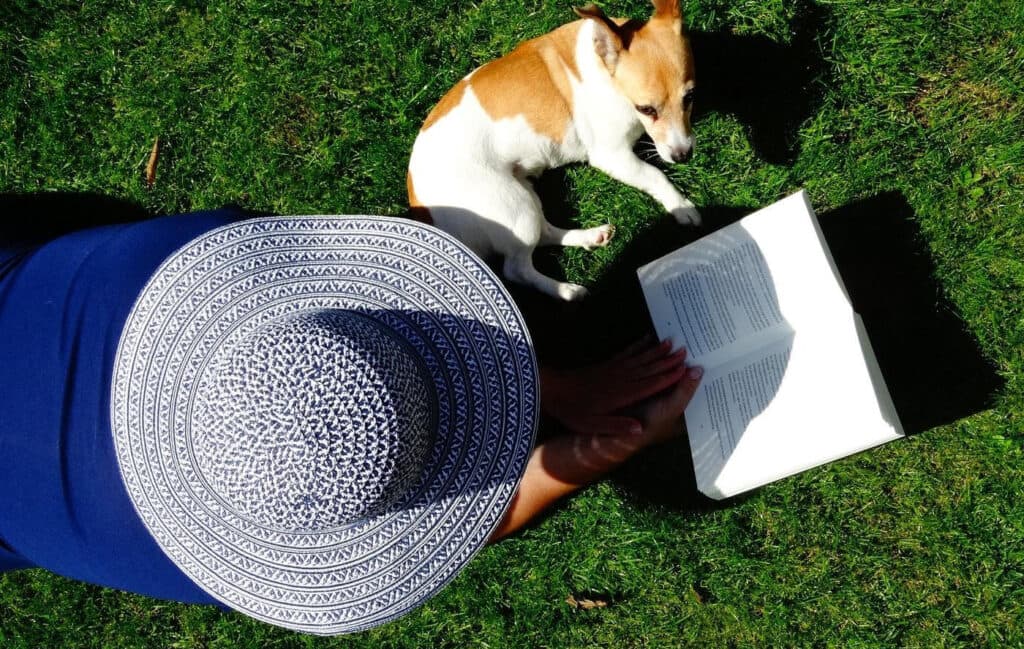
If you are interested in the science behind emotional intelligence and human behavior, be sure to read these books!
Introverts do have many advantages, such as being able to work quietly without constantly looking for fun distractions, but there are also compelling reasons why they should try to be more socially active and outgoing. In this book, Pan will inspire you with her amusing memoir, in which she describes her own journey out of her introverted shell.
In this book, the author talks extensively about the traits of “openness” and “emotional intelligence.” People who score well on these traits are more creative and have a lower risk of developing dementia later in life. Rebel Ideas by Syed is a book that will help you harness your openness. He shows the importance of thinking diversely and approaching problems with an open mind through compelling case studies.
Despite the title, this is by no means a self-help book. It is more concerned with the mental process than how to be “your best self.” What makes humans different from other animals is that we think about the future. However, our brains are prone to various biases that lead to inaccurate future predictions. These mental errors make predicting what will make us happy extremely difficult.
When we focus on one thing, we tend to overlook everything else. The title of the book refers to previous research in this area. When participants in a basketball game are asked to count how many times players pass the ball, they don’t even notice a gorilla strolling through the game! In this entertaining book, Chabris and Simmons demonstrate that we don’t observe as much as we think.
In this book, Pinker explores the idea that language is innate to humans, a phenomenon he calls the “language instinct.” The book examines numerous cases that support the notion that language and grammar are built into our brains (an idea first proposed by Noam Chomsky). This is an excellent introduction to the psychology of linguistics for anyone interested in language.
It’s the best of psychology without all the bells and whistles. If you want to get a basic overview of psychology and learn about the major theories, this book is for you. It provides an overview of famous psychologists, ideas, psychological studies, and topics relevant to your course.

What are the best psychological books to read?
There are numerous helpful and amazing psychology books you can read, each benefiting a specific area of your life. Our list includes Man’s Search for Meaning, Thinking, Fast & Slow, and more.
What is the best psychology book for beginners?
You can find many great books for beginners here. We have selected 6 in this blog, but there are more books, including The Paradox of Choice, Seven Principles for Making Marriage Work and many more.
Are psychology books worth reading?
Yes! Reading these books can help you in almost every aspect of your life. For example, did you know that there are books that can help you recognize mind games that others play with you, such as competitive games and marital games?
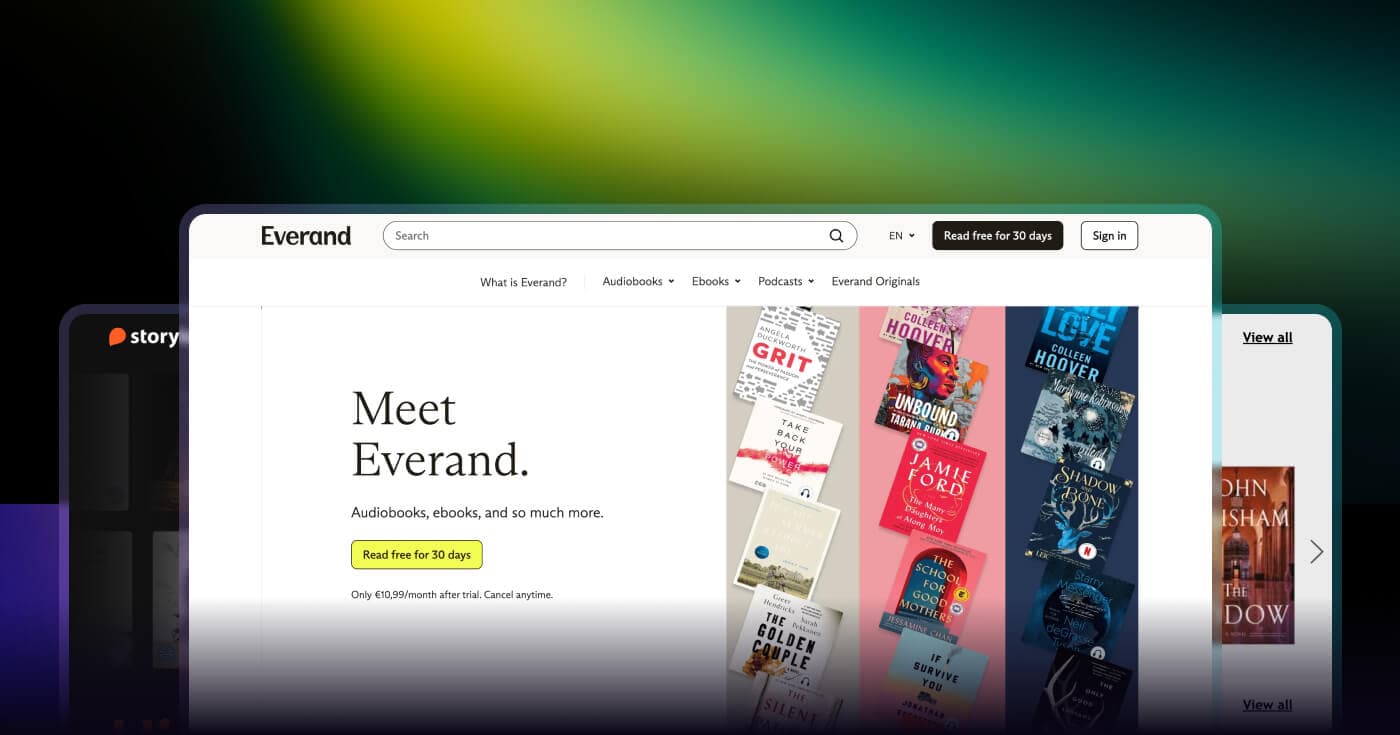
Discover the best ebook subscription apps for 2026. Compare pricing, features, and catalogs of top platforms like Kindle Unlimited, Kobo Plus, and Everand to find your perfect reading service.

Discover the top 10 book making apps of 2025 that streamline writing, formatting, and publishing processes for authors and publishers.
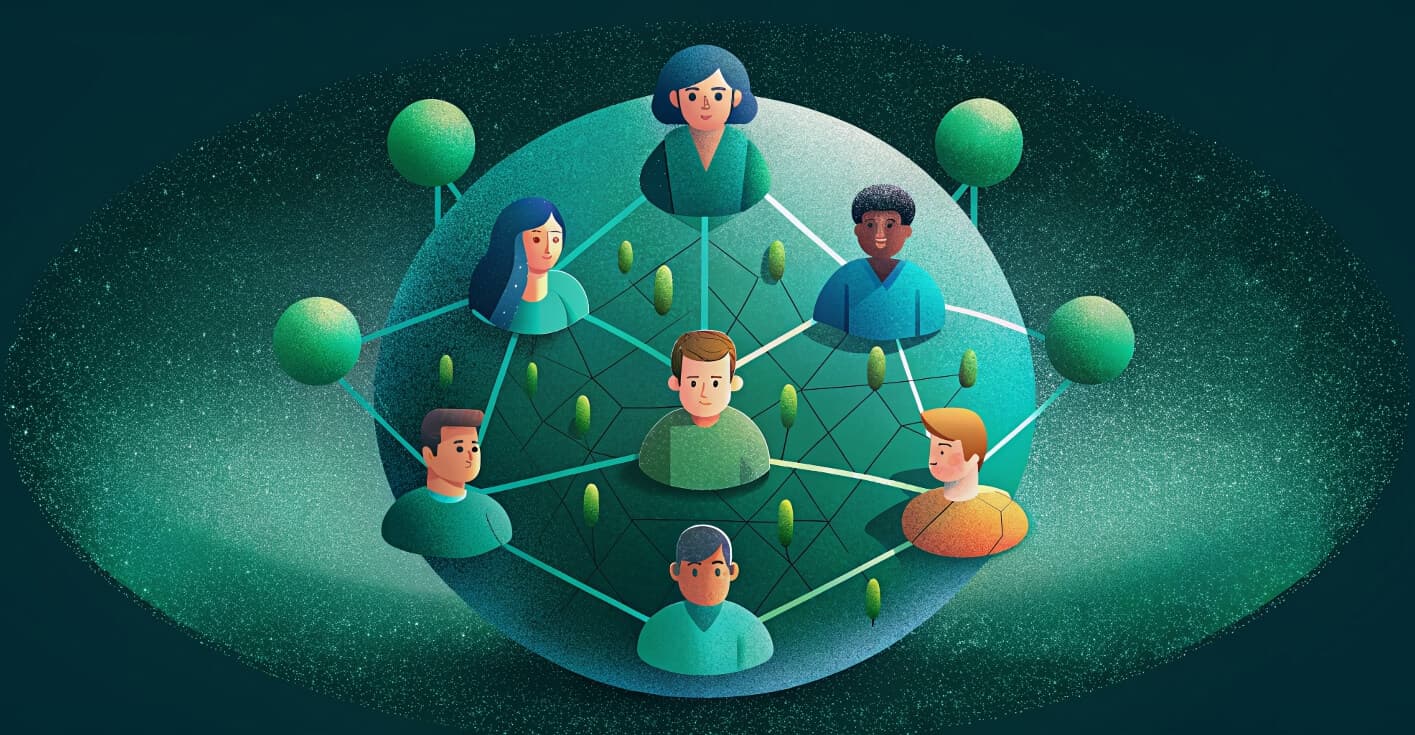
If you’re looking for a list of the best books on sociology, then you have come to the right place. Here are the top 35 books about sociology.